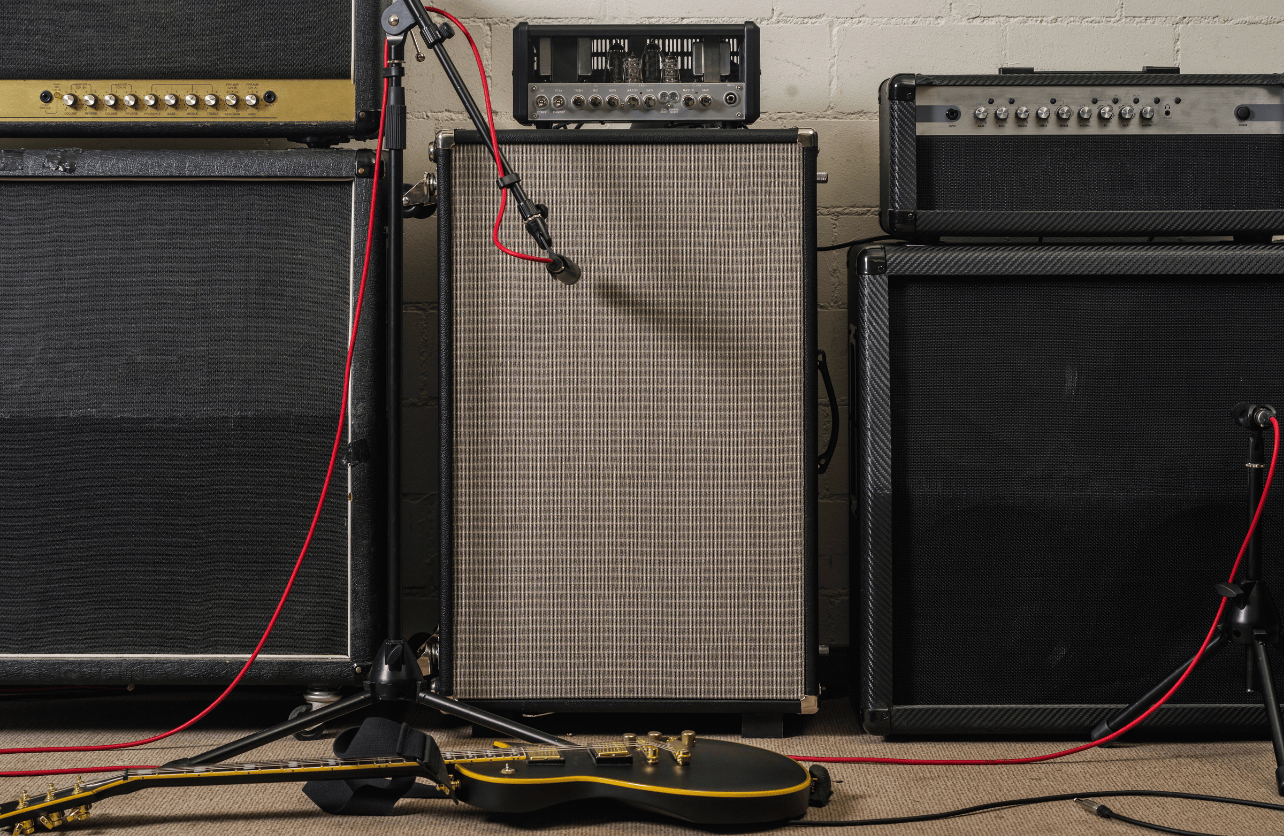Can You Play Guitar Through a Bass Guitar Amp?

If you’ve ever wondered whether it’s okay to plug your electric guitar into a bass amp, you’re not alone. While guitar amps and bass amps are specifically designed to cater to different instruments, playing guitar through a bass amp is entirely possible—and actually more common than you might think. The experience will sound and feel different compared to a standard guitar amp, but there are no risks of damaging your gear. Let’s take a deeper look at what happens when you plug a guitar into a bass amp, and whether it’s a practical choice for your playing needs.
What’s the Difference Between Guitar and Bass Amps?
At their core, both types of amps serve the same purpose: to amplify the sound of an electric instrument. However, they’re optimized for different frequency ranges. Guitar amps emphasize mid and high frequencies to highlight the guitar’s natural brightness and tonal clarity. Bass amps, on the other hand, are built to handle lower frequencies without distortion, often featuring larger speakers and more powerful circuits to manage deep, rumbling bass notes.
How Does a Guitar Sound Through a Bass Amp?
The first thing you’ll notice when plugging your guitar into a bass amp is the clean, warm tone. Bass amps are designed to reproduce sound accurately across the low-end spectrum, resulting in a fuller, more neutral sound. This can be great for clean playing styles, such as jazz, blues, or folk, where you might want a rounder, more natural tone without too much coloration.
However, guitarists who rely on amp-driven overdrive or distortion may find bass amps lacking. Most bass amps don’t have built-in distortion or overdrive circuits, which are common in many guitar amps. To achieve the gritty textures and sustain you’d expect from a traditional guitar amp, you’ll likely need to use external pedals.
Additionally, bass amps often have a flatter EQ profile, meaning they won’t emphasize the high-end sparkle or crunchy mids as much as a guitar amp. Some players describe the tone as “muddier” or less articulate for certain genres, particularly rock or metal.
Is It Safe for the Equipment?
The good news is that plugging a guitar into a bass amp won’t harm either the amp or the guitar. In fact, bass amp speakers are generally more robust, built to handle the heavy low-end frequencies of a bass guitar. They can easily manage the higher frequencies of a standard electric guitar without issue.
Issues might arise simply in tonal preference, not in equipment safety. Using a bass amp with a guitar does not risk blowing out speakers or damaging circuits.
Tweaking Your Sound: EQ and Pedals
If you’re set on using a bass amp but want a more guitar-friendly tone, there are ways to compensate:
- Adjust the EQ: Boosting the mids and treble can help bring out more of the guitar’s natural character. Bass amps typically allow for quite a bit of EQ flexibility.
- Use Overdrive or Distortion Pedals: Since most bass amps won’t offer built-in distortion, pedals are a great workaround to get the crunch or sustain you’re looking for.
- Add Modulation or Reverb Effects: Pedals can help fill out the sound, especially since bass amps are more neutral and may feel “dry” without the typical effects chain.
Who Uses Bass Amps for Guitar?
Several well-known guitarists have embraced bass amps for their unique tonal qualities. Josh Homme of Queens of the Stone Age is one example; he’s known for running his guitar through an Ampeg bass amp to achieve his signature thick, sludgy tone. For some players, the uncolored, punchy sound of a bass amp offers a creative canvas that a traditional guitar amp can’t provide.
Final Thoughts
Ultimately, playing guitar through a bass amp is perfectly fine and opens up some interesting tonal possibilities. If you’re after clean, smooth tones or want a neutral foundation for building your own effects-laden sound, a bass amp might surprise you. That said, if you’re craving classic overdrive, brightness, and bite straight from the amp, a dedicated guitar amp might better suit your style. Either way, there’s no harm in experimenting—you might just stumble upon a tone you love.
Your Trust, Our Core Commitment
At Rising Tech, earning and maintaining your trust is the cornerstone of our mission. We're dedicated to transparency, impartiality, and the relentless pursuit of truth in every article, review, and recommendation we publish. Our commitment to these principles ensures that you, our valued reader, are always equipped with reliable and unbiased information. Let us be your trusted guide in the ever-evolving world of technology.